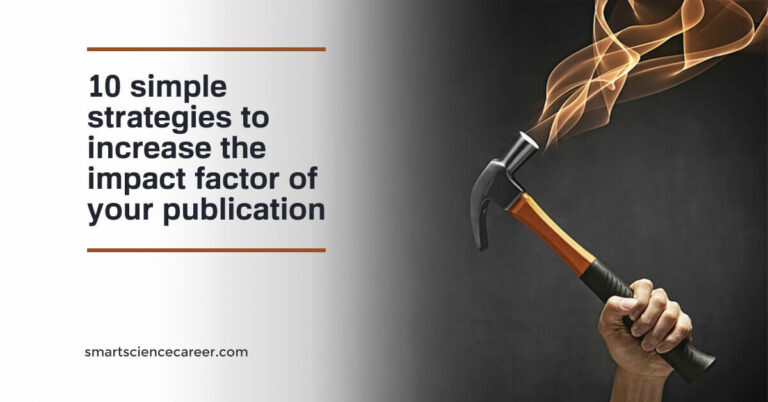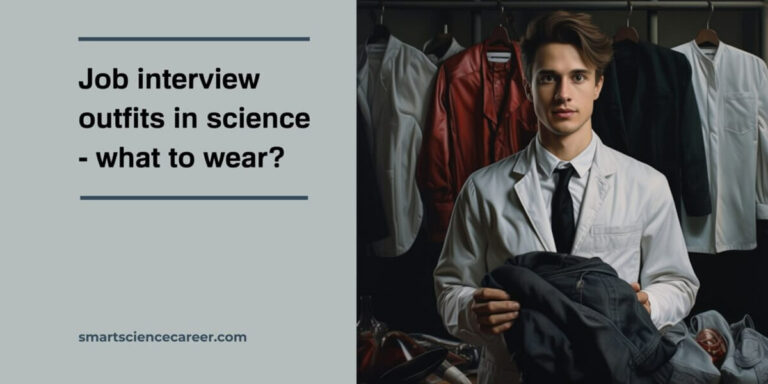Best books on salary negotiation and getting a raise
Negotiating an excellent salary is crucial because it sets the foundation for your long-term career satisfaction and financial security. A well-negotiated salary boosts your morale, leading to greater motivation and productivity and reflecting your organizational value. However, effective salary negotiation requires preparation and strategy. The following negotiation books might help you negotiate a higher salary or better conditions.










